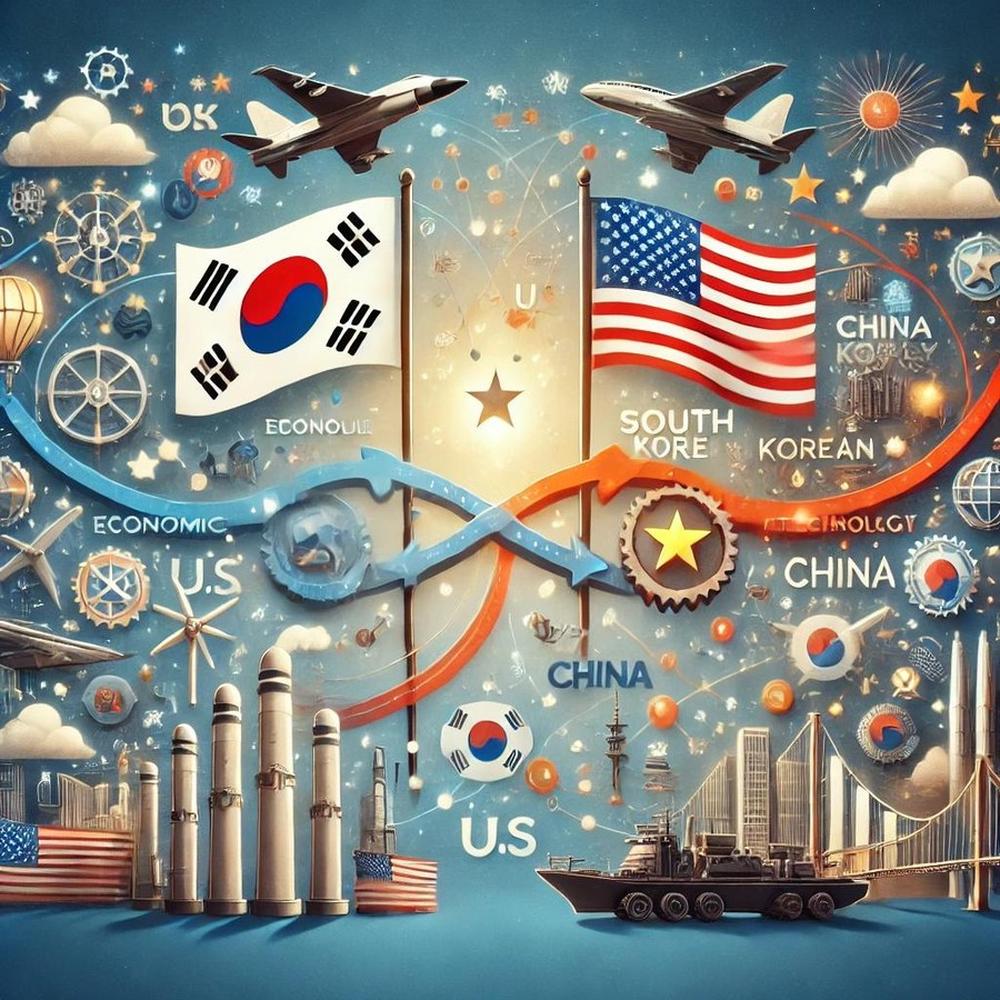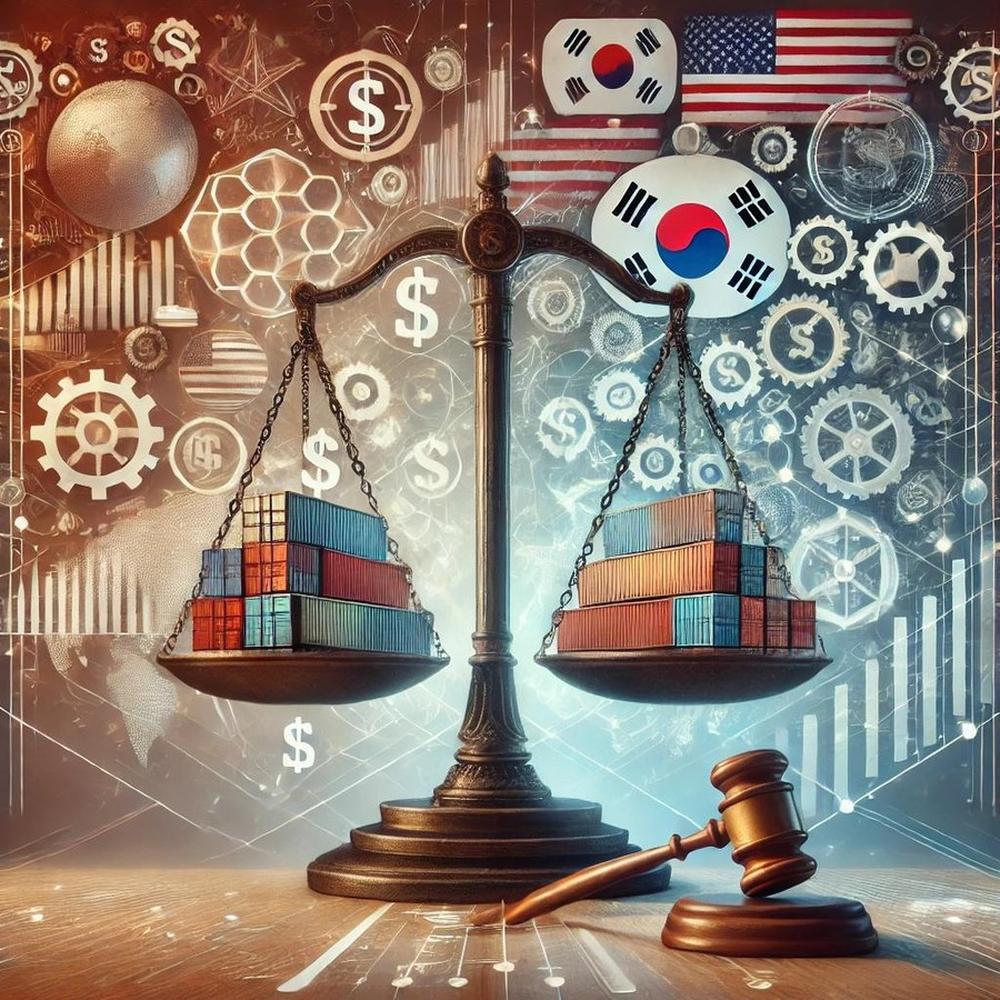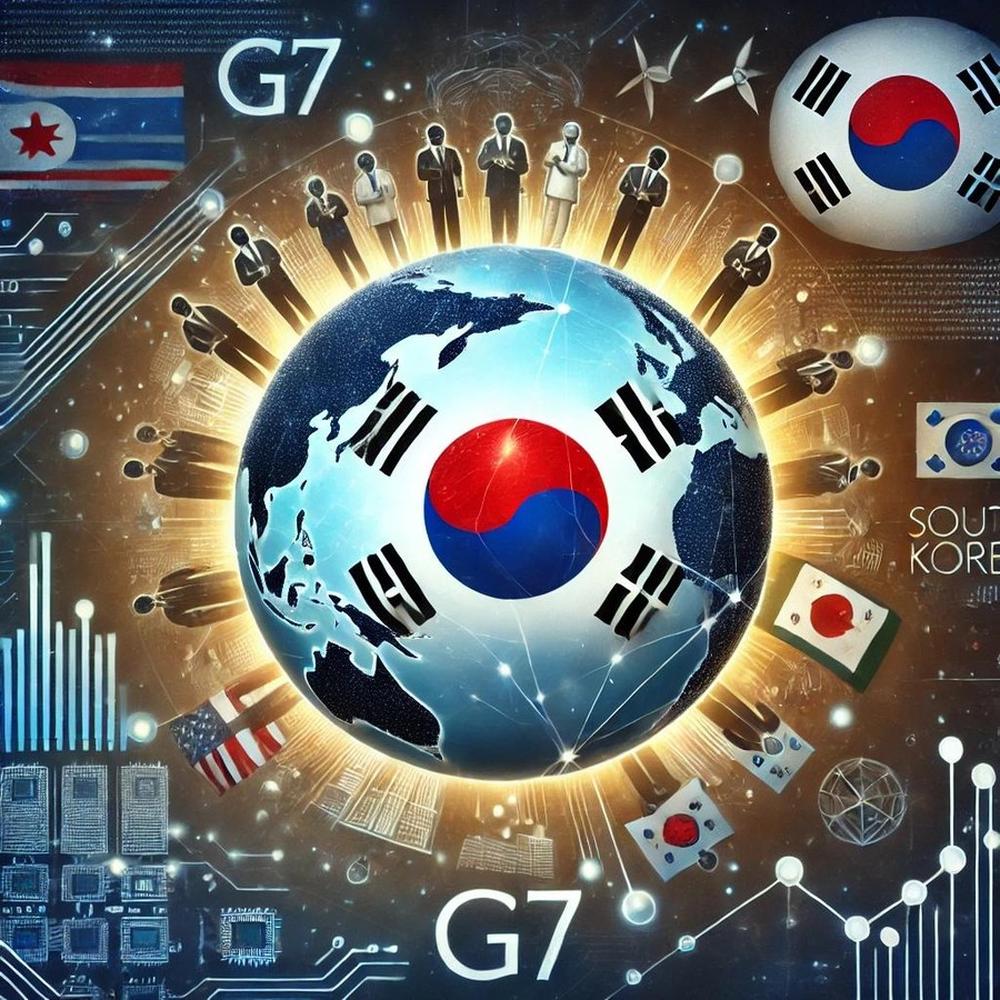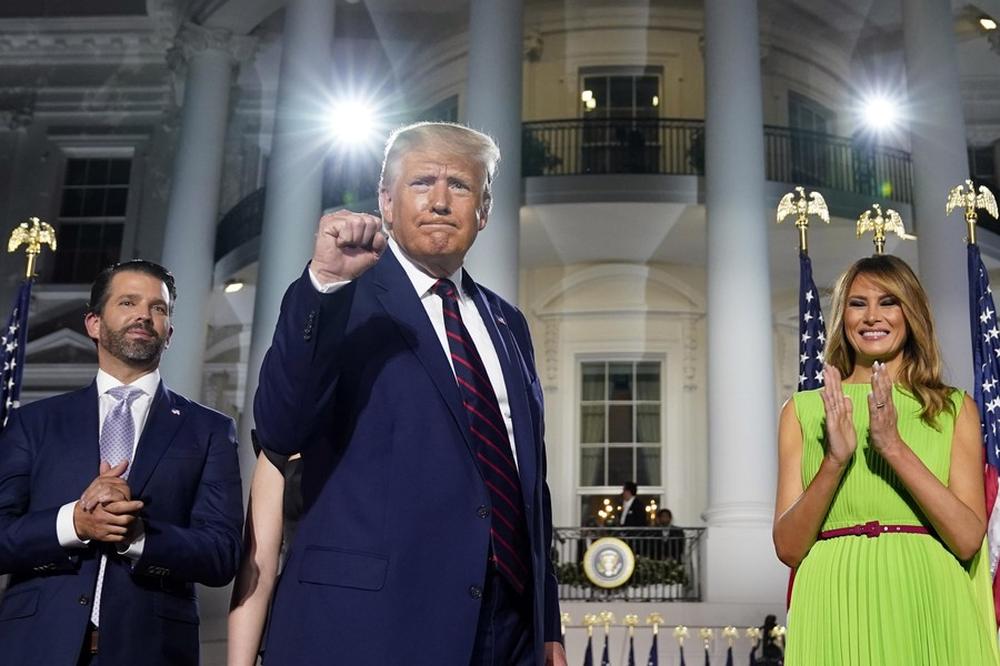- #China-US Competition
- #Economy & Trade
- #South Korea
- #US Foreign Policy

▶ The second Trump administration is expected to amplify protectionist policies, potentially straining the ROK-US alliance through increased tariffs and transactional alliance management, while maintaining the strategic need for economic and military cooperation to counterbalance China.
▶ Despite potential tensions, the ROK-US alliance has evolved into a global comprehensive strategic partnership, with South Korea becoming the largest investor in the US and a key contributor to economic security and supply chain resilience.
▶ By leveraging South Korea's manufacturing and technological capabilities, the ROK and the US can align their mutual interests, emphasizing the ROK's pivotal role in supporting US economic security and addressing strategic gaps in competition with China.
*The opinions expressed in this article are those of the author and do not represent the views of his institution.
2024 was a year of super elections, with around 4 billion people eligible to vote in their respective countries. However, it's fair to say that the world's attention was focused on the US election. It saw Donald Trump elected as the 47th President of the United States and the Republican Party take control of both the Senate and the House of Representatives. As a result, the "America First" policy is expected to return and US competition with China is likely to intensify. Despite Trump's return, the US will continue to enjoy its hegemonic status, maintaining the world's strongest military power and dominance in global supply chains. Nevertheless, America's global leadership is likely to weaken and uncertainty in the global order will increase. Above all, the global order based on free trade is unlikely to recover, as Trump's return has increased US protectionism built on Make America Great Again (MAGA) movement. As a result, US allies and trading partners, including the Republic of Korea (ROK), remain on edge. This is because Trump has pledged to use tariffs as a key tool in foreign economic policy and has criticized industrial policies such as government subsidies. During his election campaign, he proposed imposing tariffs of up to 60% on all Chinese goods and a general 20% tariff on products from other countries. The criticism of subsidies has also raised red flags for global companies that have expanded their investments in the US thanks to the Inflation Reduction Act (IRA) and the CHIPS and Science Act.
However, even before Trump's return, the US had already changed the course of the global order based on free trade. The US has already decided to increase tariffs on Chinese electric vehicles by 100%, semiconductors by 50% and aluminum by 25% under Section 301 of the Trade Act in response to China's unfair trade practices and the resulting damage. The IRA announced tax credits for clean industries such as electric vehicles, and the CHIPS and Science Act unveiled incentives to revive the US semiconductor industry. These aren't just tariffs or subsidies. Export controls on advanced semiconductors, artificial intelligence and quantum technology-related fields to China have also been steadily tightened. The US has described these measures as a "small yard, high fence" strategy against China. As a result, these tariffs, subsidies and export controls have influenced the formation of the economic security discourse under the pretext of protecting the rules-based international order.
The economic security discourse is also influencing changes in the roles of allies and partners. The role of friend-shoring has become important to break away from unbalanced supply chain structures dependent on specific countries. The ROK-US alliance is no exception. It has been elevated to a global comprehensive strategic alliance that cooperates in expanded areas such as economics and technology, while developing existing alliance relationships for military security. In 2023, the ROK became the largest investor in the US with $21.5 billion, and in December 2023, the US overtook China as the ROK's top export destination. This is the result of the two countries' strategic willingness to manage economic and technological cooperation within the framework of the alliance relationship, rather than leaving it to the natural activities of the private sector in the marketplace, and bringing the two countries' economies closer together. The second term of the Trump administration is unlikely to completely reverse the ROK-US alliance relationship, which has been elevated during this process of changing the global order and shaping the economic security discourse.
However, Trump's unique transactional approach may shift the alliance management rather competitive. During Trump's first term, the ROK and the US negotiated to increase defense cost-sharing and revise the Free Trade Agreement. The precedent of Trump still viewing the alliance relationship through a transactional lens and frequently using blatant phrases such as ROK is "free riding" or that Korea is a "money machine" ahead of the start of Trump's second administration. These seem sufficient to raise concerns that the alliance relationship could be managed in a competitive manner that is closer to zero-sum than win-win. Moreover, if protectionist barriers are erected by raising tariffs on all countries in line with the "America First" policy, this will shake not only the military but also the economic relationship that the alliance has so far strengthened. This is an outcome that neither the ROK nor the US wants.
Despite concerns about Trump's unique alliance management style, it's worth noting his double standards towards the ROK. In a phone call with ROK President Yoon Suk Yeol, President-elect Trump mentioned that the US shipbuilding industry needs ROK's help and cooperation. In particular, the provision of maintenance, repair and operation (MRO) services by Korean companies for US military ships is significant in that it not only paves the way for Korean companies, but can also serve as an opportunity to enhance the strategic value of the ROK-US alliance. This cooperation can be an opportunity to implement the economic security discourse to protect mutual interests. For a cooperative alliance management, the ROK and the US should prevent a return to economic security based on protectionism and lead discussions to explore the economic statecraft available to both countries to achieve common foreign policy goals.
To this end, efforts should first be made to correct Trump's misunderstanding that ROK is free riding on the US. It is necessary to emphasize the mutual benefits of the ROK-US alliance and continue to remind that the ROK is actively investing in the US market during the global supply chain diversification process. In particular, it should be emphasized that ROK's manufacturing competitiveness and capabilities in advanced technology fields can sufficiently contribute to the revitalization of the US economy. Based on strategic advantages such as manufacturing capabilities, ROK should turn this into an opportunity to make the ally more favorable than other countries when universal tariffs become a reality in the future. In fact, despite Trump's promise of universal tariffs, specific plans are undetermined. If the US maintains a tough stance against China while intensifying competition, and needs help from allies in areas where US capabilities are lacking, the US could selectively impose tariffs on specific countries or products according to strategic interests.
Trump and his advisers are convinced of the need to improve the trade deficit and bring back American jobs. At the same time, however, the US is preoccupied with winning the competition with China, for which cooperation with allies remains essential. The window of opportunity for a win-win situation for both countries will be where these two interests overlap. In the 1980s, when the US pursued "peace through strength", the ROK and the US affirmed that the ROK's security played a key role in regional peace and stability, which in turn was vital to US security. In the current era of economic security, it's time to confirm that ROK's economic security plays a pivotal role in the global order and supply chain, which in turn is vital to US economic security.
Dr. Jaewon Lee is Senior Specialist at the Center for Economic Security and Foreign Affairs, ROK MOFA. His research interests include alliance management, economic statecraft, and evolving export controls. His publications include "Why Did the United States Choose Assurance or Coercion to Terminate the ROK’s Nuclear Pursuit?," "US-China Competition and Allied Semiconductor Export Controls," "South Korea’s Export Control System. "


